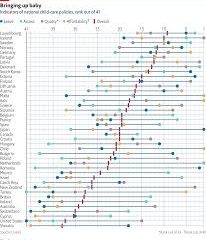The Vital Role of Reading in Our Lives

Introduction
Reading has long been a cornerstone of education and personal development, serving as a gateway to knowledge, imagination, and connection with others. As we advance into a digital age where screens often replace pages, the importance of reading remains ever crucial. It enriches vocabulary, enhances comprehension skills, and is vital for lifelong learning. In an era where information is abundant yet often fleeting, nurturing a habit of reading can dramatically impact an individual’s intellectual and emotional well-being.
Current Trends in Reading
Recent studies indicate a resurgence in reading, particularly in light of the COVID-19 pandemic, which left many people seeking comfort in books. A report from the Nielsen Book Research revealed that UK book sales increased by 5% in 2020, with a notable rise in the purchase of fiction and non-fiction titles alike. This trend signals a growing recognition of the importance of reading as a source of both escape and education.
Reading and Mental Well-being
Research has shown that reading not only combats boredom but also serves as a powerful tool for mental health. Engaging with literature has been linked to reduced stress levels and improved empathy. A study published in the journal ‘Psychological Science’ found that reading literary fiction enhances one’s ability to understand the feelings and thoughts of others, thereby fostering better social connections. As individuals continue to grapple with social isolation and anxiety, the therapeutic benefits of reading are being recognised more than ever.
The Role of Digital Platforms
In today’s fast-paced world, e-books and audiobooks have emerged as popular alternatives to traditional print media. Platforms like Kindle and Audible have made reading more accessible, allowing users to carry entire libraries with them on-the-go. This advent of technology has further broadened the demographic of readers, bringing in younger audiences who may prefer screens over paper. Nonetheless, the core desire to read remains, regardless of the medium.
Conclusion
Reading holds significant importance in fostering knowledge, emotional intelligence, and cultural understanding. As we navigate the complexities of the modern world, improving our reading habits can help us stay informed and connected. Furthermore, promoting reading amongst younger generations is vital for ensuring they possess the skills necessary to thrive both academically and socially. As trends illustrate a growing appreciation for literature during challenging times, it’s imperative that we continue to support and encourage a culture of reading for all.









